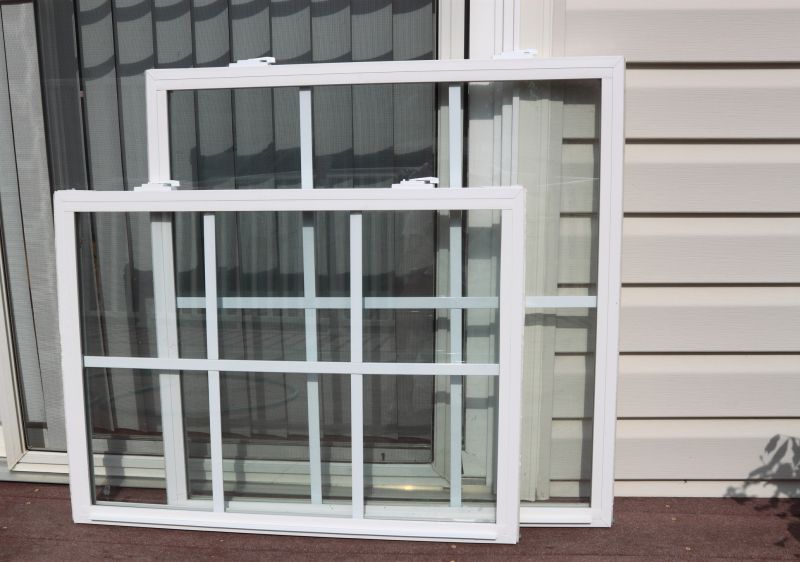Optimal Scheduling for Windows Installations
Scheduling Windows installations at optimal times can ensure minimal disruption and better results. Factors such as weather conditions, workload periods, and availability of technical support influence the best timing for these updates. Understanding seasonal and operational considerations helps in planning effectively.
Spring and fall often provide moderate weather conditions ideal for installations, reducing weather-related delays.
Scheduling during periods of low business activity minimizes impact on daily operations.
Choosing times when technical support is readily available ensures prompt assistance if issues arise.
Performing installations during planned maintenance windows allows for thorough testing and compatibility assessments.

Technicians preparing systems for installation.

Experts working on a Windows setup.

Updating software components.

Verifying system functionality.

Support staff assisting with setup.

Ensuring hardware meets requirements.

Backing up data prior to updates.

Configuring settings post-installation.

Assistants providing on-site help.
| Timing Consideration | Details |
|---|---|
| Weather Conditions | Avoiding extreme heat, cold, or rain can prevent delays. |
| Business Cycles | Scheduling during low activity periods reduces operational impact. |
| Support Availability | Aligning with times when technical help is accessible. |
| System Readiness | Ensuring hardware and software prerequisites are met. |
| Maintenance Windows | Utilizing planned downtime for seamless installation. |
| Staffing Levels | Ensuring sufficient personnel for installation tasks. |
| Data Backup Timing | Performing backups before installation to prevent data loss. |
| Post-Install Testing | Allowing time for thorough testing after updates. |
Windows installations involve updating or replacing operating systems to improve performance, security, and compatibility. Proper timing ensures minimal disruption to daily activities and maximizes the effectiveness of the upgrade process. Statistics indicate that scheduling during off-peak hours can reduce downtime by up to 50%, enhancing productivity and user satisfaction.

Technicians installing the operating system.

Data being secured before updates.

Assistance provided after setup.

Ensuring everything functions correctly.
Interested in scheduling a Windows installation? Filling out a contact form can provide the necessary details to plan an effective upgrade. Proper timing and execution can ensure a seamless transition to a more efficient operating system, supporting ongoing operational goals.






